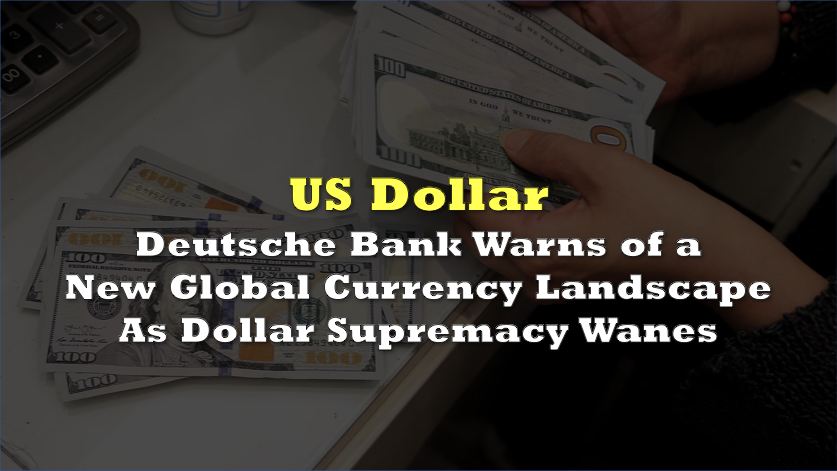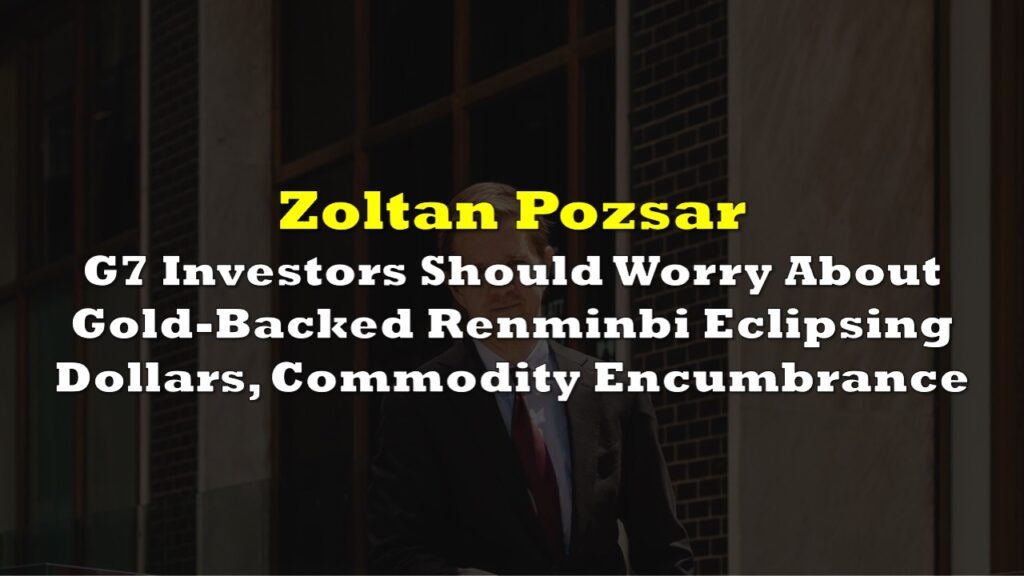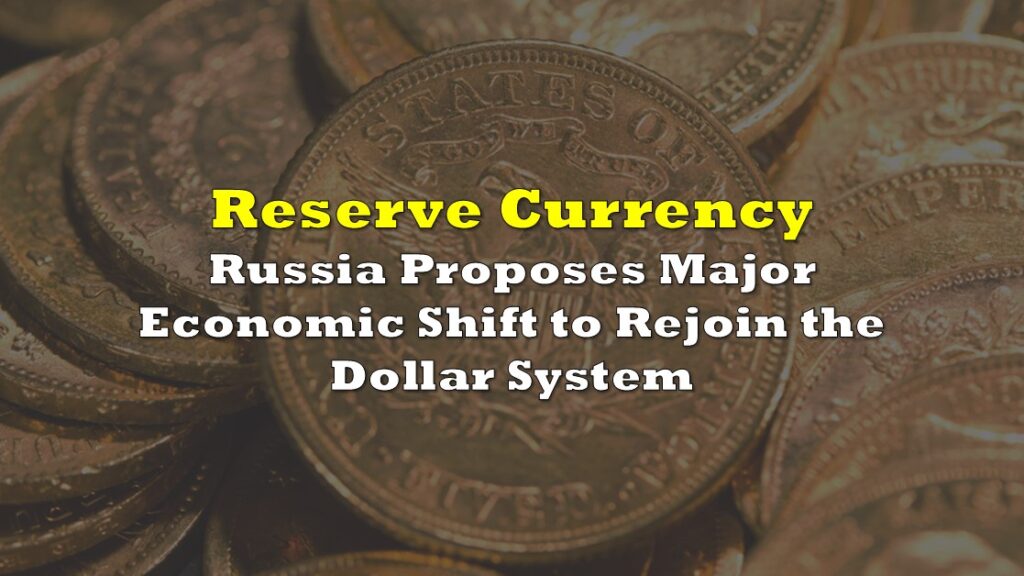In his latest article, published with the Financial Times, Credit Suisse strategist Zoltan Pozsar reemphasized the current factors that threat the hegemony of the United States and the global status of US dollar as a reserve currency.
“The dollar-based monetary order is already being challenged in multiple ways, but two in particular stand out: the spread of de-dollarisation efforts and central bank digital currencies (CBDCs),” Pozsar wrote.
The strategist noted that China is proactively writing new rules as it re-enacts the Great Game, ushering in a new era of globalization through institutions such as the Belt and Road Initiative (BRI), the BRICS+ group of emerging economies, and the eight-country collective security alliance Shanghai Cooperation Organization–Beijing’s answer to the North Atlantic Treaty Organization.
The term “Great Game” was used to describe the rivalry that developed between the United Kingdom and Russia as their spheres of influence in Mughal India, Turkestan, and Iran (then Persia) brought the two powers closer together in South-Central Asia.
In the context of the late 1990s, some journalists attribute the term to describe a renewed geopolitical interest in Central Asia based on the region’s mineral wealth–with China, Russia, and the US now the powers at play.
BRICS stands for the group of five nations: Brazil, Russia, India, China, and South Africa, with poised expansion via rumored applications from Saudi Arabia, Turkey, and Egypt.
“While under lockdown, Beijing forged a special relationship with Moscow and Tehran. This relationship with Russia, with the unwitting assistance of global warming, is helping extend China’s BRI through Arctic shipping lanes,” the strategist observed.
In addition, he also noted that China’s summit with the Gulf Cooperation Council seems to be a move to deepen the ties with OPEC+, which Pozsar believes could eventually lead to “one world, two systems.” During Chinese President Xi Jinping’s visit to Riyadh last year, the two countries agreed to improve energy policy and exploration collaboration, promising to import more that it aims to settle in yuan.
Recently, Saudi Arabia made pronouncements that it is now opening its economic doors to trading in currencies other than the US dollar, adding it wants to pattern the same “very strategic relationship” with China and the US to other world markets.
“If we are drifting from a unipolar world to this multipolar one… it’s impossible that these rifts will not affect the international monetary system,” Pozsar added. “Growing macroeconomic imbalances in the US further add to these risks.”
Pozsar reiterated his observation he noted in his previous dispatch: in 2022, “Russia has been selling oil to China for renminbi, and to India for UAE dirhams; India and the UAE are working on settling oil and gas trades in dirhams by 2023; and China is asking the GCC to ‘fully’ utilize Shanghai’s exchanges to settle all oil and gas sales to China in renminbi by 2025.”
“That’s dusk for the petrodollar… and dawn for the petroyuan,” Pozsar wrote in the past dispatch.
He added that CBDCs could accelerate the transition away from dollar. CBDCs are spreading like fast-growing kudzu vines around the world, with more than half of the world’s central banks exploring or developing digital currencies through pilots or research, according to the IMF.
“Central banks interlinked through CBDCs essentially recreate the network of correspondent banks that the US dollar system runs on — instead of correspondent banks… The emerging, CBDC-based network — enforced with bilateral currency swap lines — could enable central banks in the global east and south to serve as foreign exchange dealers to intermediate currency flows between local banking systems, all without referencing the dollar or touching the western banking system,” he added.
The CBDCs will also give China a go-around in internationalizing renminbi as it skirts away from sanctions implemented through the balance sheets of western banks.
On top of this, while national surpluses of China, Russia and Saudi Arabia are at a record, these “are largely not being recycled into traditional reserve assets like Treasuries.”
“Instead we have seen more demand for gold (see China’s recent purchases), commodities (see Saudi Arabia’s planned investments in mining interests) and geopolitical investments such as funding the BRI and helping allies and neighbours in need, like Turkey, Egypt or Pakistan,” Pozsar said, adding that the surpluses are being held in such investments “to retain much-needed options in a changing world.”
As he has always maintained, Pozsar has been sounding off the importance of taking the geopolitical conflicts and movements into account when investors plan their portfolio. In his past dispatch, he advocated to replace the usual 60/40 method in portfolio investment with 20/40/20/20 in cash, stocks, bonds, and commodities.
“If less trade is invoiced in US dollars and there is a dwindling recycling of dollar surpluses into traditional reserve assets such as Treasuries, the ‘exorbitant privilege’ that the dollar holds as the international reserve currency could be under assault,” Pozsar ended.
Information for this briefing was found via Financial Times. The author has no securities or affiliations related to this organization. Not a recommendation to buy or sell. Always do additional research and consult a professional before purchasing a security. The author holds no licenses.









